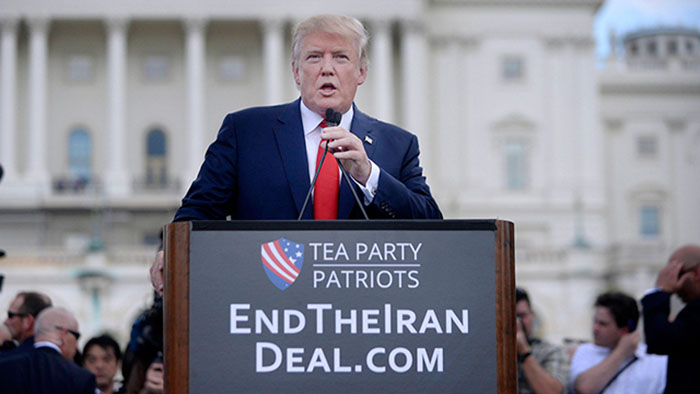originally found at the warsclerotic blog here
Source: Trump’s Middle East Policy
“President Donald Trump has managed in his first six weeks to appoint key foreign policy advisors and executives, but he still has to appoint hundreds more who may have an influence on the direction of policy in the Middle East, although the influence of key personnel is likely to continue to be pivotal.
Like previous White Houses, its foreign policy staff is not of one mind; they also reflect some key constituents that helped elect the president, most likely those who have foreign policy axes to grind. At the risk of over simplification, the president’s team is composed of several factions including two main groups:

The Movement: These are some dedicated political supporters who believe that “Trumpism” is more than a party, more than an effort to win one or two national elections. Trumpism is a political movement that is changing the United States into a populist system that defends the average citizen against the conceited political and cultural elite, which has dominated the U.S. since the Reagan Administration. This “Movement” believes in reducing the powers and capabilities of the Federal Government even going so far as “destructing” the Federal establishment. The Movement believes in unlimited and unrestrained capitalism. It is a nationalist movement that thinks “America first”; it does not support globalization unless the U.S. dominates.
The Movement Guardians are staunchly anti-Muslim, and to a lesser extent, other religious and/or cultural minorities. Some believe in the inevitability of a major war between the U.S. as the leading “Christian” country and the infidels with whom the U.S. is engaged in a clash of civilizations. Only total defeat of Muslims or at least their religious/political ideology would ensure U.S. security. The other war that the Movement would support is a war with China, which is considered a threat to U.S. primacy and which unfairly dominates the U.S. economy by creating a Chinese monopoly over production of consumer goods, and currency manipulation.
The Movement guardians include Stephen Bannon senior counselor to the president; Michael Flynn the first National Security Advisor; Jarred Kuchner the president’s son-in-law; David Friedman, proposed Ambassador to Israel, and Sebstian Gorka, self-proclaimed expert on political Islam and former Breitbart’s national security editor who will be the resident brain on terrorism. The alt-right is clearly anti-Muslim; its anti-Israel and anti-Semitic original positions have now been largely reconciled.
The Pragmatists: The U.S. Federal Government is a huge enterprise; many are attracted to serve in positions of authority under nearly any president; almost any American would find it difficult to say “no” if offered a job by the president. The Pragmatists include General Mattis, Secretary of Defense; General John Kelley, Secretary of Homeland Security; Secretary of State Rex Tillerson; and Robert Pompeo, Director of the Central Intelligence Agency.
After six weeks, both camps have scored successes. The Movement Guardians wrote the travel Ban on Muslims arriving from 6-7 countries; managed to appoint an Israeli/American extremist as U.S. ambassador to Israel; vetoed the appointment of a Palestinian/American as an official of the United Nation; and hosted Prime Minister Netanyahu at the White House. The Pragmatists re-wrote the Muslim travel ban Executive Orders. The edge as of now favors the Movement Guardians. Coming conflicts between the two camps will make this Administration’s future worth watching…”
Some key points of a Trump White House’s Middle East foreign policy are likely to include:
1 – Strong alliance with Israel, helping Israel gain acceptance from Arab nations, especially Sunni nations like Saudi Arabia that fear Iran the most
2 – Defeating ISIL/ISIS/DAESH/The Islamic State/The Islamic Caliphate
3 – Treating Russia as a partner, working with Russian concerns over Syria and Iran
4 – Energy independence domestically, so that the Middle East cannot threaten an oil embargo as they did in 1973
read much more at the full original article here
